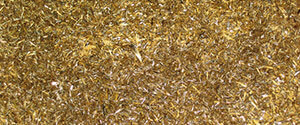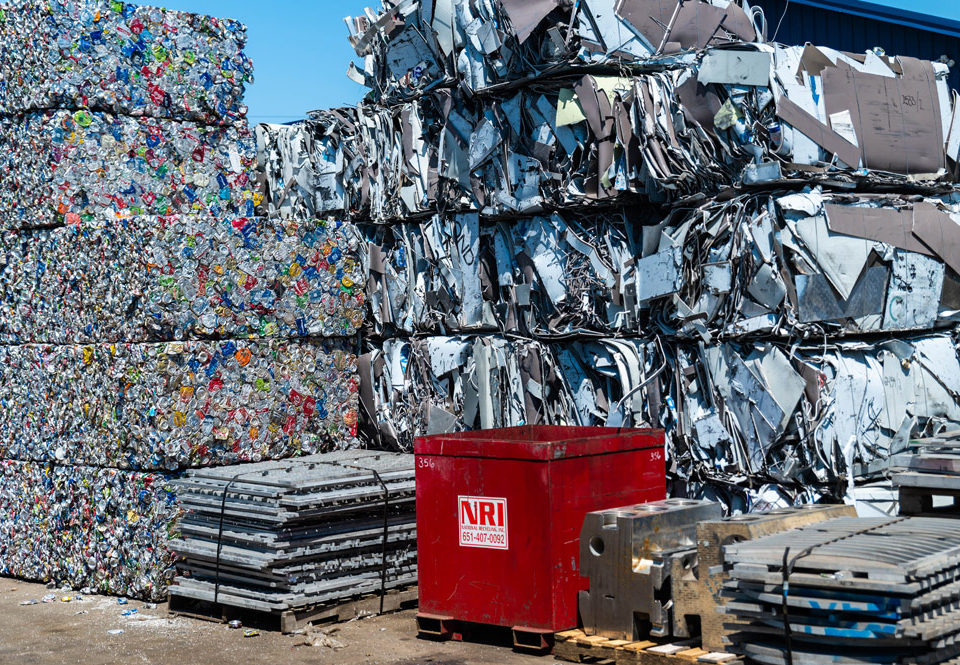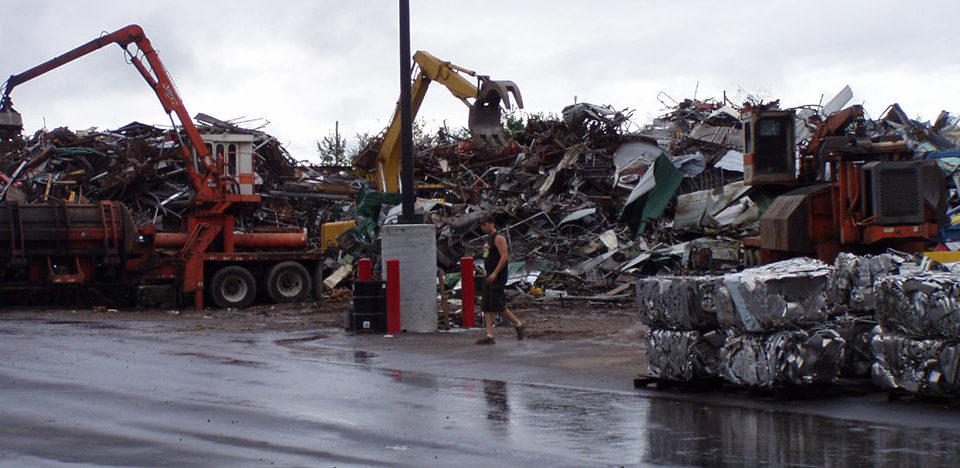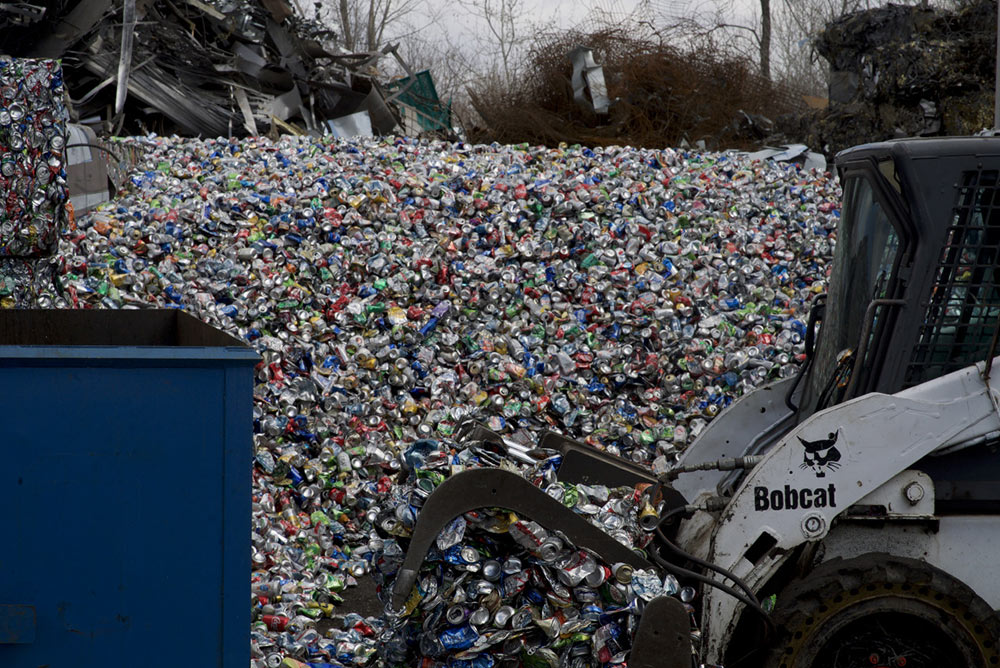
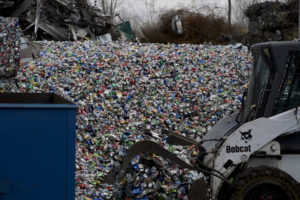 Scrap metal Recycling and its significance in our society are topics you should learn about. Explore its benefits on the economy and the environment through this article.
Scrap metal Recycling and its significance in our society are topics you should learn about. Explore its benefits on the economy and the environment through this article.
Environmental Impact
- Scrap metal recycling helps reduce Co2 emissions from pollutants like cars, factories, and electricity generation, transmission, and distribution.
- Recycling your scrap metals prevents waste from winding up in a landfill.
- Scrap metal recycling reduces the use of the chemicals needed for ore mining, which prevents it from going into the water supply.
- Mining metals requires the use of fossil fuels, so recycling metals uses significantly less fossil fuel that mining it.
- Steel and aluminum are the most commonly recycled scrap metals in the United States.
You Have More than you Think
Getting rid of scrap metal is easier than you might think, and finding scrap metal around the house can be quite simple. There are several common scrap-metal sources:
- Aluminum and steel cans
- Silverware/cutlery
- Lamp bases
- Metal chairs
- Pots and pans
- Bathroom fixtures
- Plumbing pipes
- Electrical appliances
- Zippers
- Swing sets
- Railings
Recycling Scrap Metals Helps Conserve Energy
Melting certain metals requires lower temperatures than melting other types of metals. Utilizing a lower temperature when reusing these metals helps conserve energy, reducing greenhouse gas emissions.
Scrap Metals can Turn into a Number of New Items
Recycling metals can result in a range of new products, from big (airplanes, railroads, and ships) to small (silverware and jewelry).
Economic Impact
Moreover, scrap-metal recycling is also good for the economy. Scrap-metal recycling brought in more than $64 billion in revenue in 2010.

